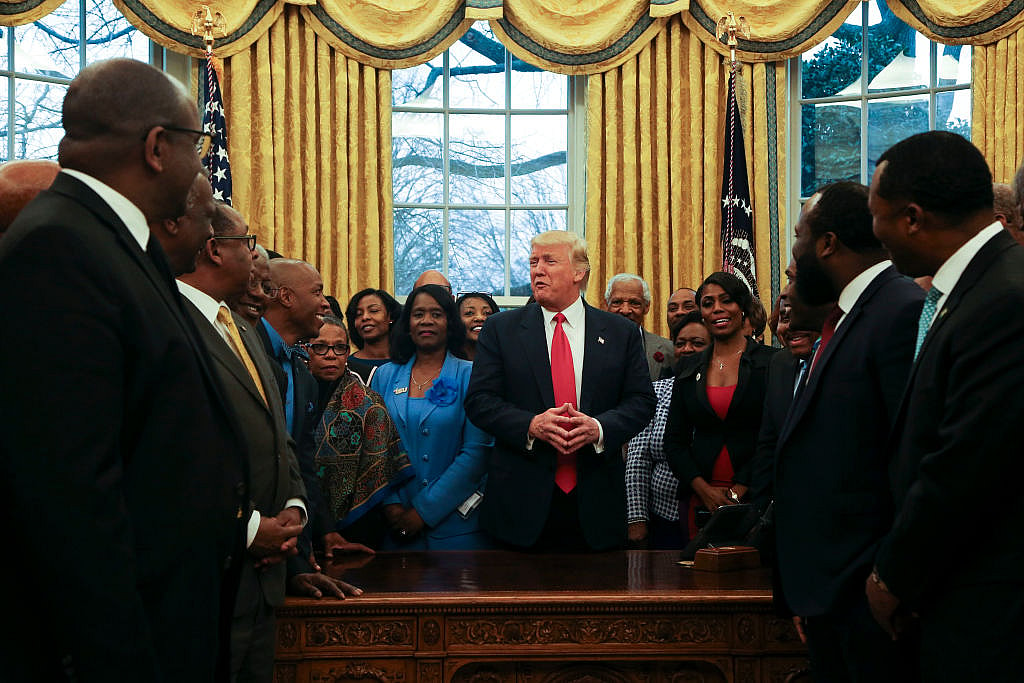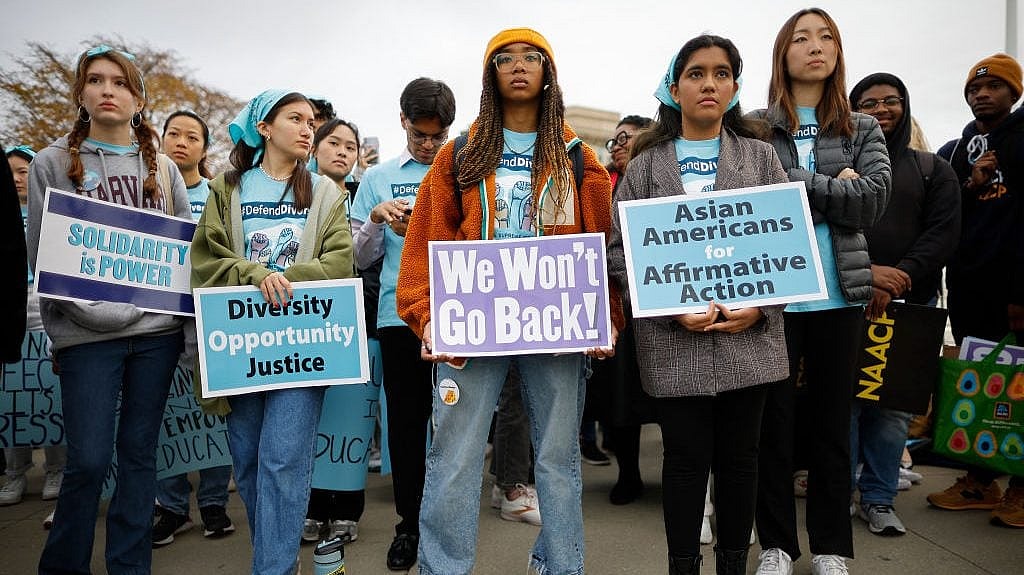President-elect Donald Trump’s campaign promise to eliminate the U.S. Department of Education is being criticized as a potential whitewashing of America’s education system and a challenge to Title I and Title VI that could defund special education, school lunch programs, and possible cancellation of summer schools.
Arne Duncan, former U.S. education secretary under the Obama administration, spoke exclusively to theGrio, saying, “It is our time to have courage and fight for kids.” When Duncan was specifically asked about the impact of Trump’s proposed education cuts on Black and brown kids, the ex-Obama official exclaimed there was a “chance to have an extraordinarily damaging and detrimental effect.”
Duncan’s concerns are about “our history being whitewashed,” adding, “We have to be concerned about defunding vulnerable populations. Title I money for poor children – money for special needs children, or school lunches — all that might be taken away.”
He continued, “A focus on after-school and summer school programs might be taken away. Access to higher education — that might be cut.”
Duncan, also a Howard University Board of Trustee, expressed concern over funding for HBCUs during a second Trump administration. During Trump’s first term, his advisor Steve Bannon argued that a commitment to increase funding for their institutions following a White House meeting with Trump would be unconstitutional, based on concerns that doing so discriminated against other races and ethnicities.

Advocates for HBCUs are concerned about whether they will be funded at the level they should be. Historically, HBCUs have needed more funding, especially amid challenges after the U.S. Supreme Court ruled against race-based admissions at predominantly white colleges, also known as affirmative action. There has been a rise in HBCU college applications, causing the schools to be concerned about housing capacity, scholarships, and classroom staffing.
Former U.S. Rep. Mondaire Jones, D-N.Y., said Trump’s proposals on education are “horrifying.”
“You have so many Black and brown kids in this country who are depending on the funding that the Department of Education doles out to underserved school districts,” he told theGrio. “Title I funding, for example, for our nation’s poorest school districts.”
Jones continued, “The Department of Education is also in charge of investigating antisemitism on college campuses, which is something that Republicans have said that they care about.”
He added, “But when the rubber meets the road, [Republicans] are quickly going to abandon [it] through undermining this important federal department.”
As President-elect Trump prepares to be sworn into office in about 70 days, the IMD World Competitiveness Center’s 2024 Competitiveness Report ranks America’s education position 12th in the world.
Trump said he wants to “fire the radical left accreditors that have allowed our colleges to become dominated by Marxist maniacs and lunatics.”
In recent years, some Republican governors have fought against the College Board’s accrediting of the AP African-American Studies course, which would offer college credit.
Steve Bumbaugh, former member of the College Board’s executive leadership team, told theGrio that he believes local governments will have more power to determine how Trump’s education plan impacts them.
Bumbaugh believes anything not directly tied to federal funding is a local government issue for schools. However, he said, voters will make a difference in this determination as it “will likely take place through school board elections and secondarily through elections at the state level like governors, as the governor elects state education chiefs.”
TheGrio’s Gerren Keith Gaynor contributed to this report.


